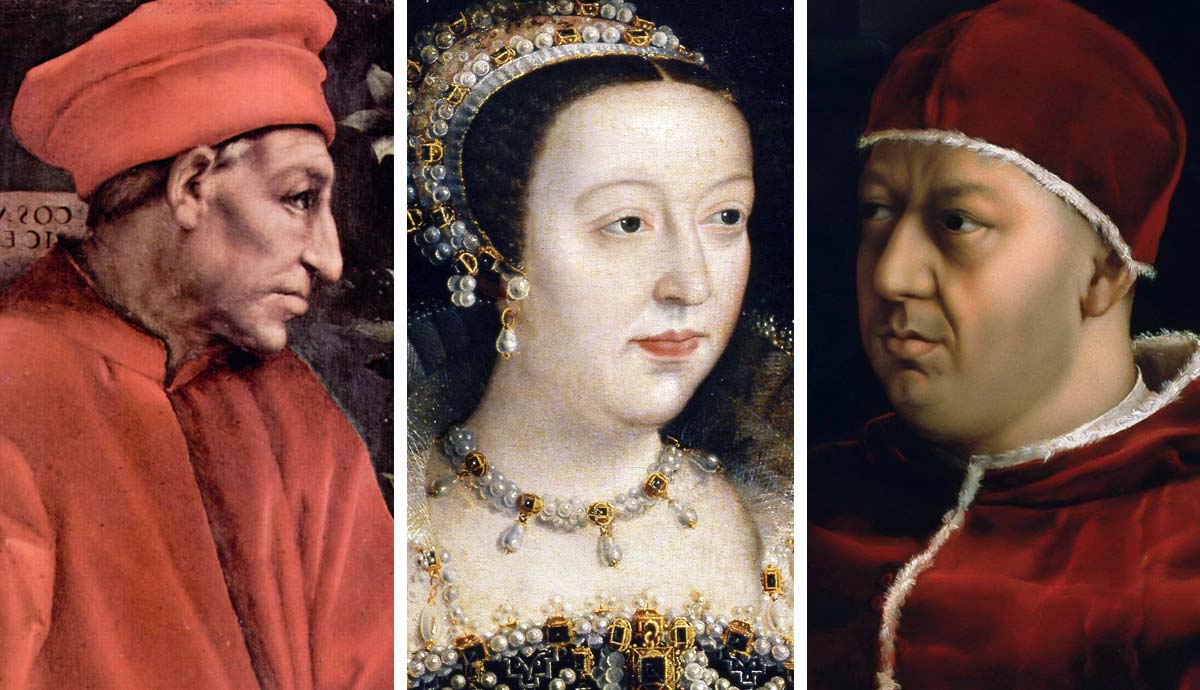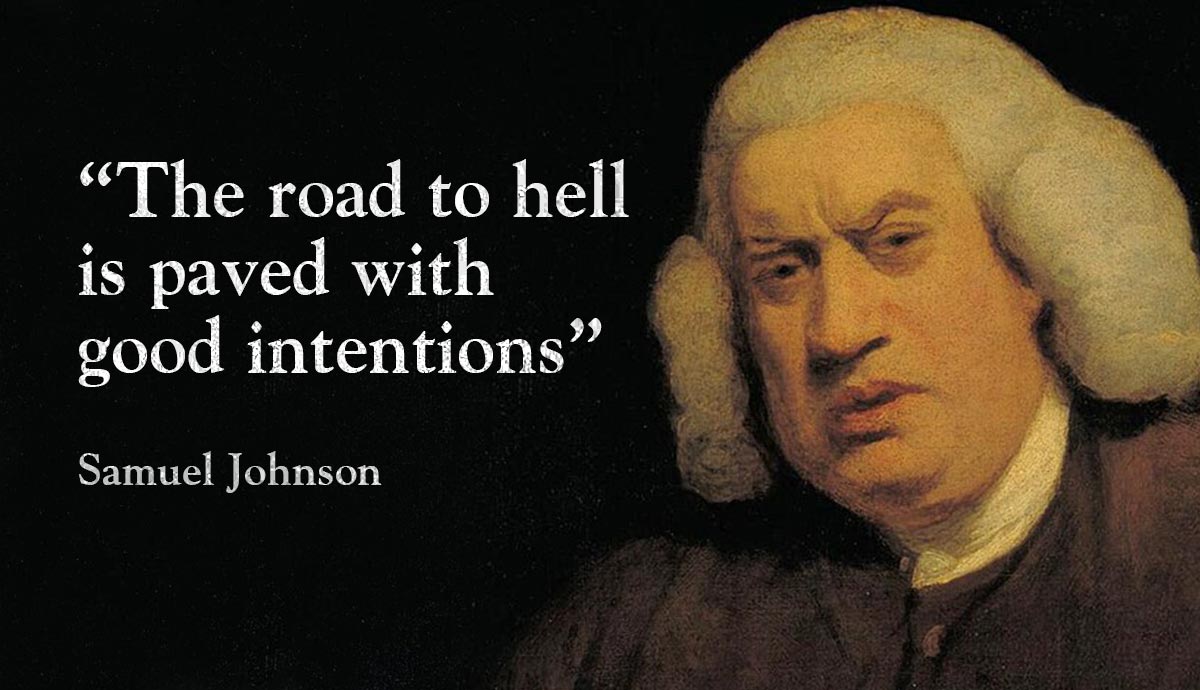
What inspired Samuel Johnson to compose his most famous one-liners? What influenced his lifelong friend, James Boswell, to record their many notable conversations? How and why are Johnson’s many writings still interesting and relevant to people living in the present era? Let us step back into the 18th century and attempt to discover the origins of the sayings with which we are all so familiar.
The Many Sayings of Samuel Johnson
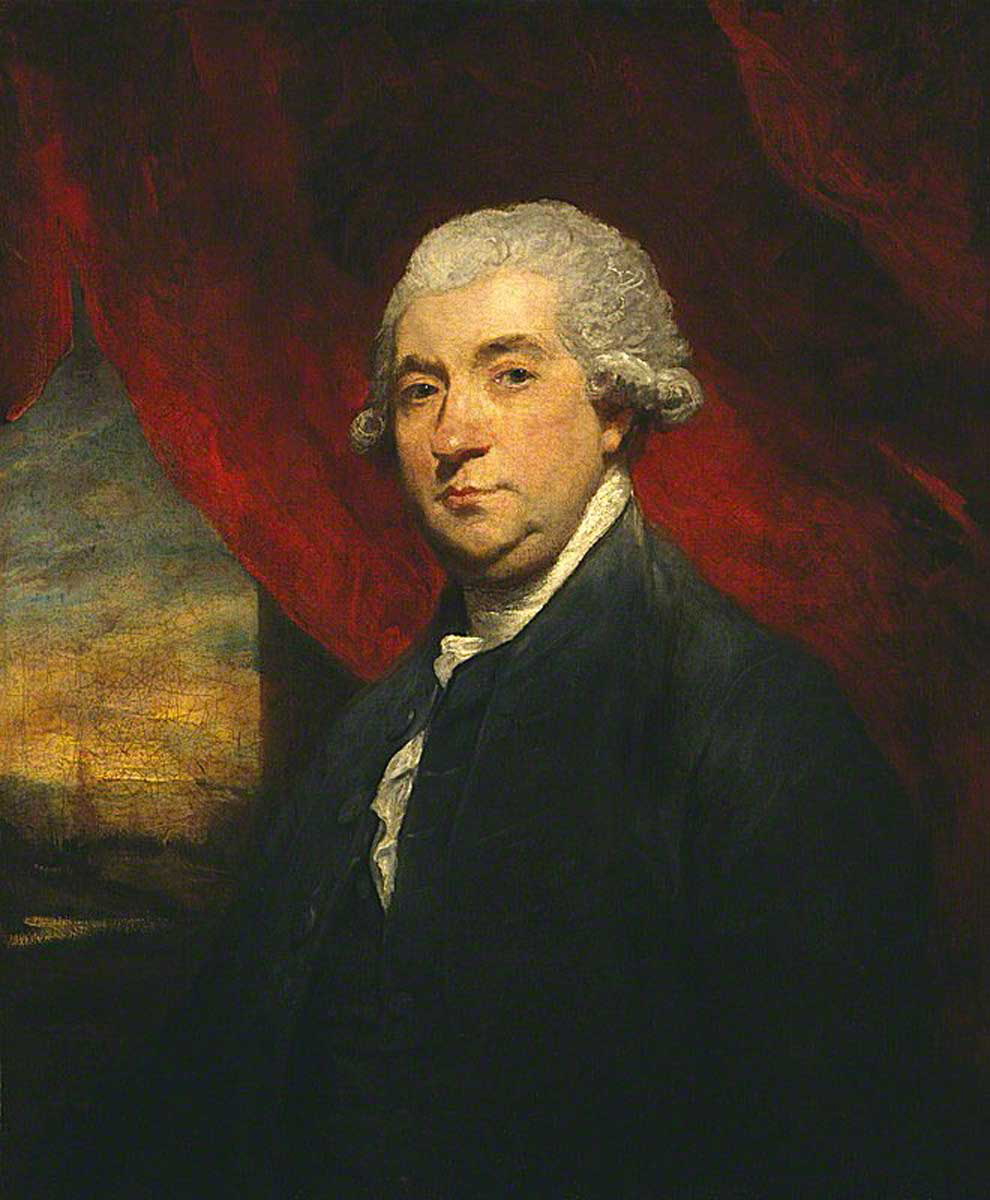
Samuel Johnson — anyone with an interest in 18th-century Britain will be familiar with his many works. Even those with very little interest in history in general are sure to be familiar with the name. We’ve all also heard of his many sayings, and have probably used them ourselves, regardless of whether or not we can correctly identify their origins.
Samuel Johnson is one of the most quoted historical figures of all time. When it comes to British wordsmiths, he easily falls into the same prestigious list as Winston Churchill (“Blood, toil, tears, and sweat”), Alfred Lord Tennyson (“Tis better to have loved and lost than never to have loved at all”), the Duke of Wellington (“Publish and be damned!”), and William Shakespeare (“To be or not to be, that is the question”).
It is not exactly difficult to come across a quote by Samuel Johnson, whether searching online or in literature. On looking up his name, any historian will immediately be provided with pages and pages of relevant results.
So many sayings did Samuel Johnson leave us with that, when it comes to the task of selecting five to consider, one may wonder exactly where to begin. Perhaps it would be more appropriate to publish an article entitled “One Hundred Iconic Quotes By Samuel Johnson” — the title would hardly be an exaggeration!
For the majority of these quotes, we have one gentleman to thank. His name was James Boswell and it was he who thought Samuel Johnson’s words were important enough to be formally recorded. Boswell is best remembered for being a great friend of Samuel Johnson, and for his most revered work, The Life Of Samuel Johnson. This world-famous biography is claimed by many historians to be the greatest biography written in the English language.

The important thing to remember about Samuel Johnson’s quotes is that they were not composed by him in any work intended to be read by the public. Most were spoken or written in conversation with Boswell, his closest friend. Boswell called his work “the vast treasure of conversations at different times,” and confessed that it was largely written with the aid of a journal he habitually kept, in which he had noted down Johnson’s most amusing sentences. His goal was to recreate Samuel Johnson’s life in scenes.
A variety of other anecdotes and biographies have been published in addition to Boswell’s work, including collections by John Hawkins, Anna Seward, Elizabeth Montagu, Hannah Moore, and even Horace Walpole.
What Do We Need to Know About Samuel Johnson?
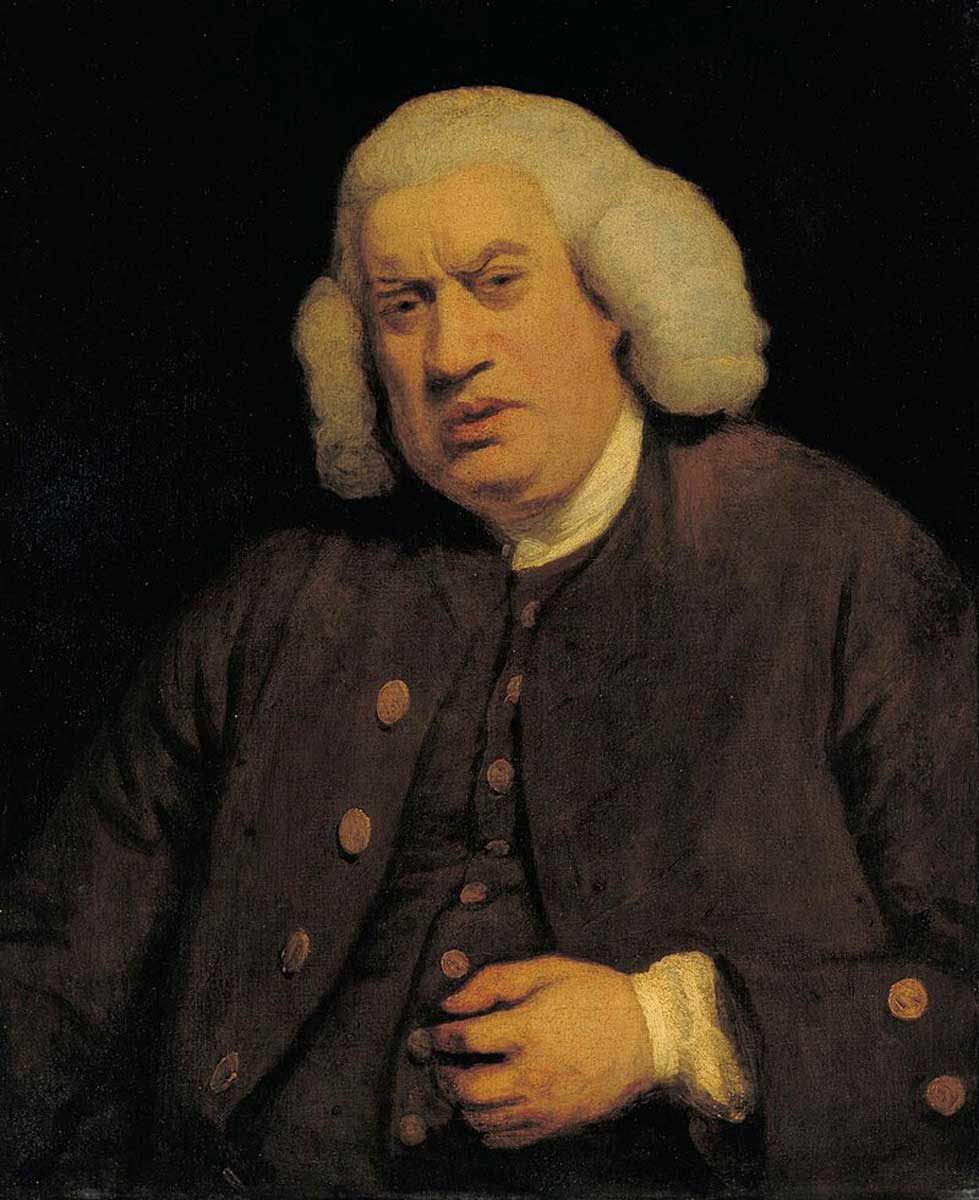
To truly understand and properly appreciate the many sayings of Samuel Johnson, we must first explore who exactly he was, what exactly he did, and what it was that made him worthy of being remembered and requoted centuries after his death.
Samuel Johnson was born on the 18th of September in 1709 and died on the 13th of December in 1784. His life spanned the reign of four British monarchs; Queen Anne (1702-1714), King George I (1714-1727), King George II (1727-1760), and King George III (1760-1820).
Samuel Johnson was a man who did many things, possessed many skills, and was blessed with plenteous talent. He was a lexicographer, a poet, a playwright, an essayist, and a biographer. He was also a moralist, a literary critic, a sermonist, and an editor. Renowned for his exceptional ability with words, he soon became better known as Doctor Johnson.
The Oxford Dictionary of National Biography calls Samuel Johnson “arguably the most distinguished man of letters in English history,” and the Encyclopaedia Britannica refers to him as “one of the greatest figures of eighteenth-century life and letters.”
1. “Tired of London, Tired of Life”

“When a man is tired of London, he is tired of life.”
Of all of Samuel Johnson’s quotes, this is undoubtedly his most famous. There is scarcely a man or woman living in Britain who has not heard of the saying, and most have probably used the phrase themselves on numerous occasions, even if they cannot identify its origins.
The meaning behind this quote is simple: Samuel Johnson was claiming that London is such a busy, modern, and exciting place that it would be impossible to get bored there. He is saying that there could be no possible end to London’s delights and that it would be unthinkable to tire of what the city had to offer.
When it comes to a love of London, Samuel Johnson was certainly in good company. Walter Besant (1836-1901) said of London, “I’ve been walking about the city for the last thirty years, and I find something fresh in it every day.” Even a few centuries earlier, the Scotsman William Dunbar (1459-1530) declared, “London, thou art the flour of all cities!”
“When a man is tired of London, he is tired of life,” was originally spoken by Samuel Johnson when in conversation with James Boswell on the 20th of December, 1777. Samuel Johnson, someone who hated to spend time alone, was always out and about, experiencing the many perks of city life. Boswell, whose father owned estates in the Scottish highland, knew the benefits of both rural and urban lifestyles.
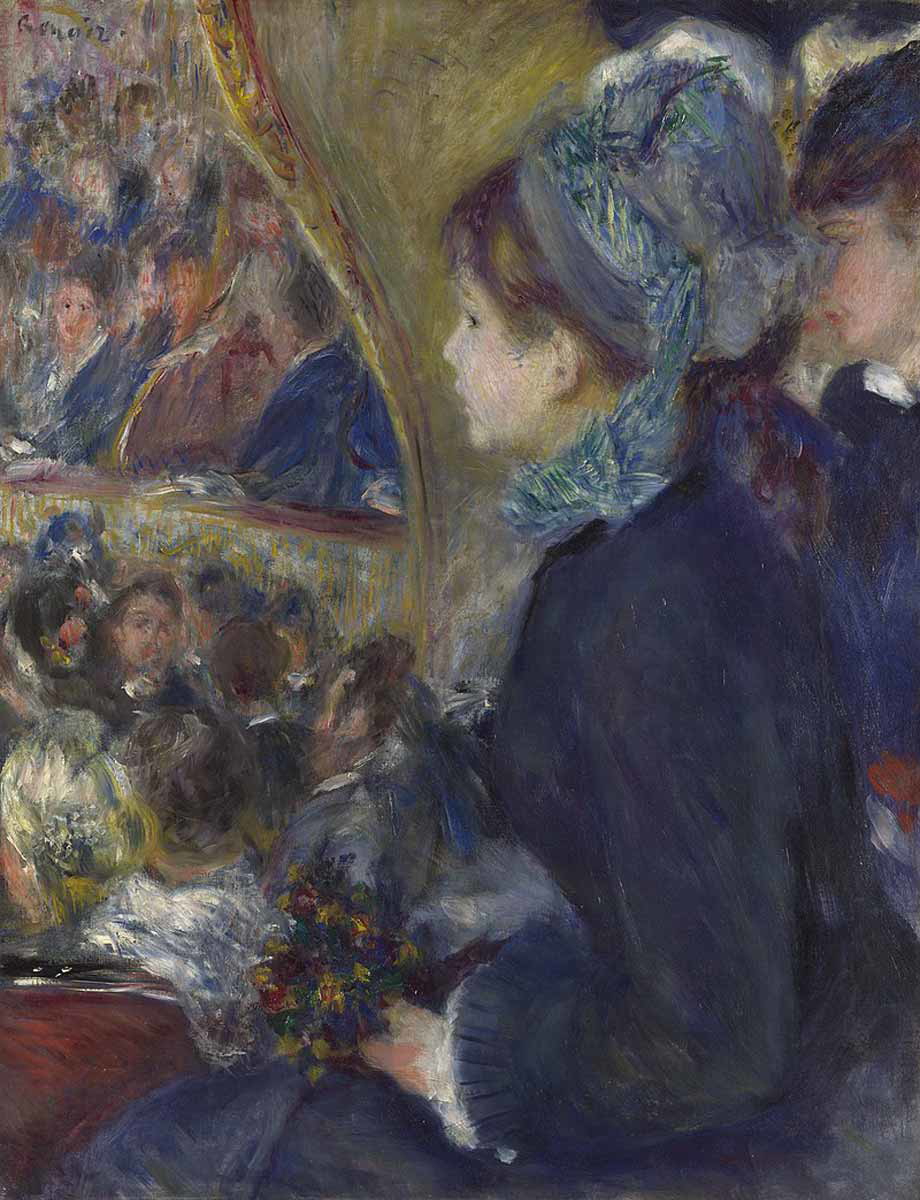
On this particular date, these two friends were discussing whether Boswell’s growing affection for London would wear thin if he chose to live there permanently. When Samuel Johnson delivered his response, little did he know that his words would be repeated countless times throughout the centuries to come, spoken by millions of people who had yet to be born.
The full quote is a little longer:
“You will find no man, at all intellectual, who is willing to leave London. No, Sir, when a man is tired of London, he is tired of life; for there is in London all that life can afford.”
Samuel Johnson’s quote is still particularly relevant in the 21st century. As of 2024, London is still one of the most exciting places in the world. The city is home to over 200 museums, 250 theatres, 3,000 parks, 20,000 restaurants, and 100,000 hotels.
The records show that London is genuinely a city one cannot tire of. London is still one of the world’s most visited cities; it attracts more than 21 million international visitors per year, with an additional 27 million overnighting domestic tourists.
2. “A Hero Must Drink Brandy”
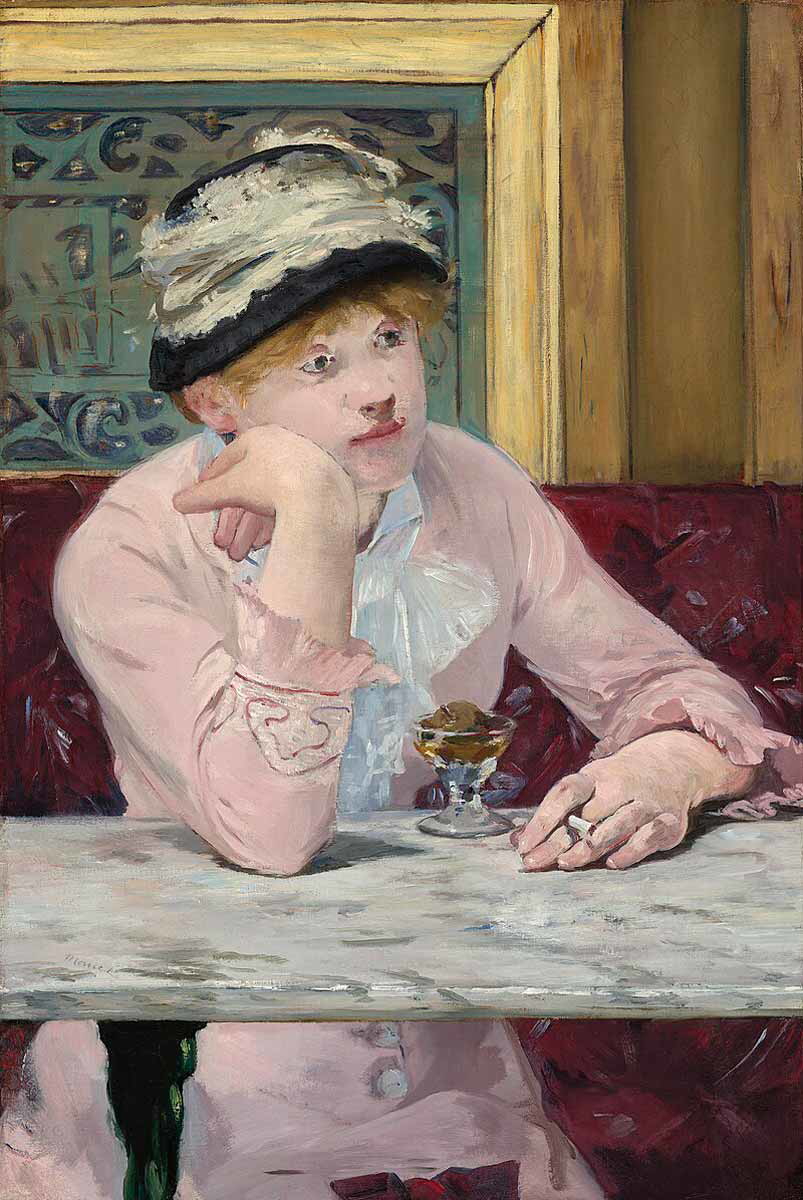
“Claret is the liquor for boys, port for men; but anyone who aspires to be a hero must drink brandy.”
This quote is well-known in Britain. It is particularly remembered by those who regularly partake in quizzes and questions on this saying appear with alarming frequency and in many forms. “Which eighteenth-century figure claimed that anyone who aspires to be a hero must drink brandy?” The answer is Samuel Johnson.
By Samuel Johnson’s era, brandy had become renowned in England as a strong and popular spirit. Brandy is a liquor produced by distilling wine and is generally between 35-60 percent alcohol. During the 18th century, brandy was typically consumed by upper-class gentlemen as an after-dinner digestif.
The origins of brandy, however, can be traced to a much earlier date, and are tied very much to the development of a process known as distillation. While this process had been practiced during classical times, it was not used for significant beverage production until the 15th century.
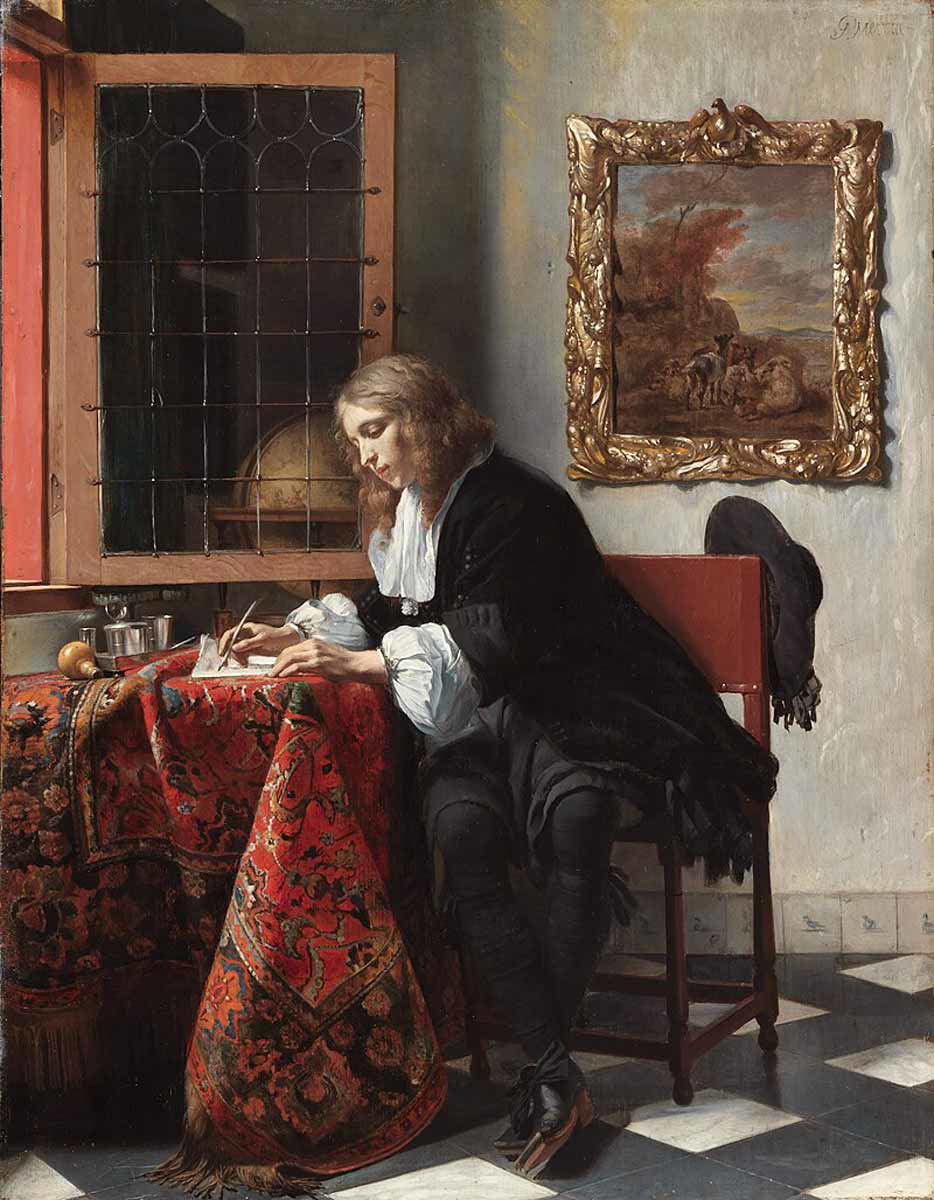
The production of brandy is described in an early edition of the Cyclopaedia in 1728: “The second distillation was made in a balneo mariae and in a glass cucurbit, and the liquor was distilled to about one-half the quantity. This was further rectified as long as the operator thought it necessary to produce brandy.”
But why did brandy become associated with heroic behavior? And why did Samuel Johnson think it necessary for anyone who aspired to be a hero to consume it?
Well, during the 18th and even the 19th centuries, brandy was often used as medical treatment due to its alleged stimulating qualities. It was also used by many travelers and explorers who suggested that moderate doses of brandy helped one to cope with fever, depression, and stress. Samuel Johnson could have been suggesting that heroes regularly come across these troubles and that a swig of brandy was all that was needed to successfully combat them.
3. “Love is the Folly of the Wise”

“Love is the wisdom of the fool and the folly of the wise.”
Samuel Johnson was a man who knew a lot about true love. As far as we know, he had only one notable romantic relationship, and that was with his wife, Elizabeth Jervis. Elizabeth Jervis, more commonly remembered as Elizabeth Johnson, was affectionately known by her husband as Tetty.
Their love story was fairly traditional. Elizabeth Jervis was originally married to Henry Porter, a good friend of Samuel Johnson. By her first husband, Elizabeth had three children: Lucy, Jervis Henry, and Joseph. On first meeting Samuel Johnson, Elizabeth declared to her daughter, “That is the most sensible man I have ever met.”
Samuel Johnson and Elizabeth Jervis fell in love shortly after she was made a widow on the death of her husband. William Shaw, a friend and biographer of Johnson, claimed that “the first advances probably proceeded from her, as her attachment to Johnson was in opposition to the advice of all her relations.”
Samuel Johnson and Elizabeth Jervis married on the 9th of July in 1735 at Saint Werburgh’s Church. It was a perfectly romantic occasion, but there was one unusual thing about their relationship. At the time of their marriage, she was 46, and he was just 25.
Their union was not accepted by all. Elizabeth Johnson’s family found the age difference between their mother and their new father-in-law difficult to tolerate. The marriage so disgusted Henry Jervia that he went as far as to cut all ties with his mother. However, Lucy and Joseph later came to accept him into their circle. The couple were extremely happy together, and Samuel Johnson referred to their marriage as being “a love match on both sides.”
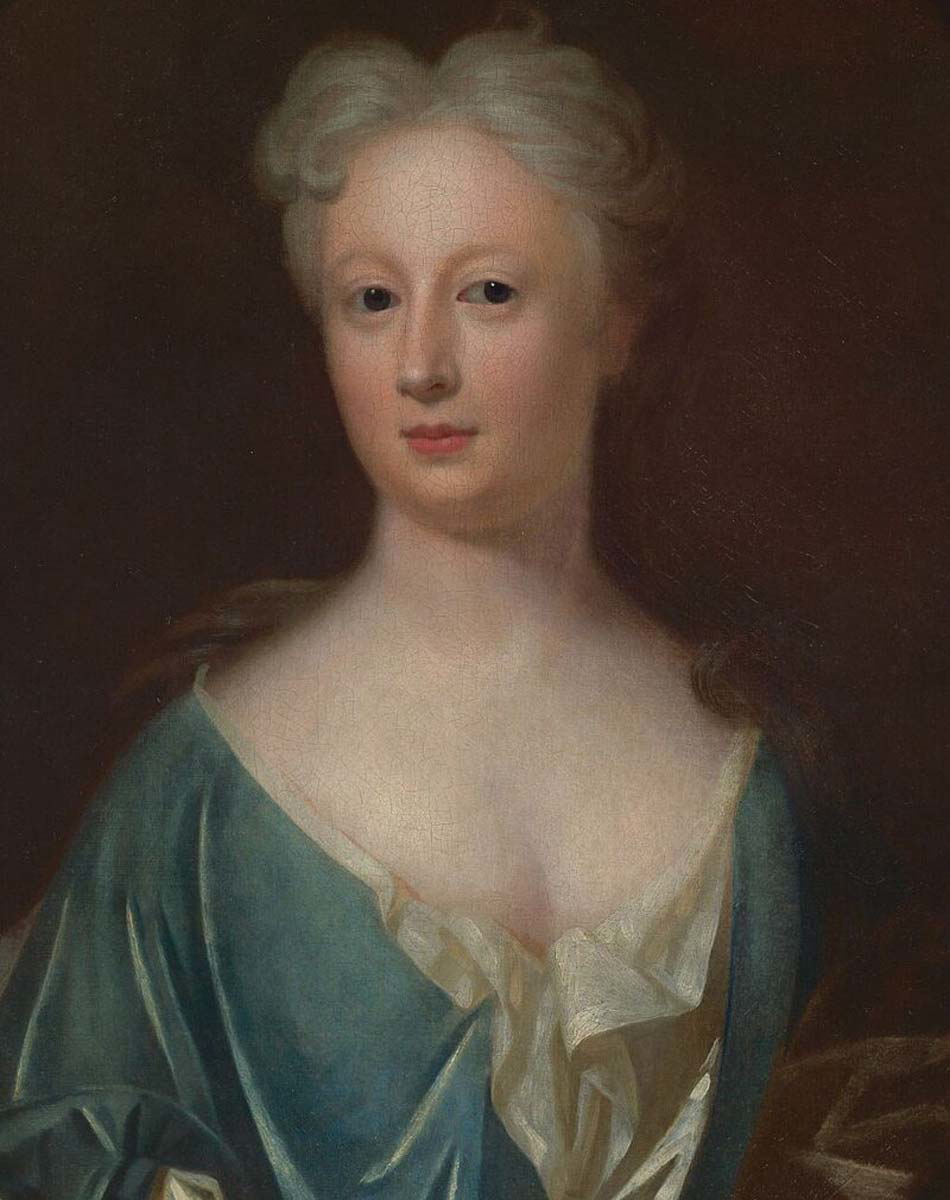
In later life, Elizabeth Johnson suffered a lot from ill health. Robert Levet, a doctor supported by Johnson, attributed her sickness to her ritual use of opiate medicines and excessive alcohol consumption. She died at the age of 63 and was buried in Bromley Parish Church. According to the inscription on her gravestone, composed by Samuel Johnson himself, she was “beautiful, accomplished, ingenious, and pious.”
Samuel Johnson continued for the rest of his life to mourn Elizabeth on the anniversary of her death. Speaking of his grief, he said, “he that outlives a wife whom he has long loved sees himself disjoined from the only mind that has the same hopes and fears and interest; from the only companion with whom he has shared much good and evil; and with whom he could set his mind at liberty, to retrace the past or anticipate the future.”
The quote itself, “love is the wisdom of the fool and the folly of the wise,” holds profound meaning. It suggests that falling in love can cause a dramatic change in anyone’s personality; it can cause even the wisest man or woman to become a fool. Johnson’s quote signifies that love has the power to unravel both sanity and rationality. In short, love turns fools into wise men and wise men into fools.
The only thing left for us to decide is whether Samuel Johnson himself was a fool or a wise man when in love, and whether the nature of his romance should be considered wisdom or folly.
Samuel Johnson left us with many other notable quotes about love, just a few of which include “to love all men is our duty; but to love all is equally impossible,” and the very famous “men hate more steadily than they love.”
4. “Whatever You Have, Spend Less”

“Resolve not to be poor; whatever you have, spend less.”
This quote of Samuel Johnson’s is by no means as well-remembered as the previous three. However, this well-meaning piece of advice is still extremely relevant to those living in the 21st century. In this particular case, the meaning of his words could not be more obvious: Johnson is referring to the importance of living within one’s means.
If we dared to venture further into the conversation, we would come across the extended version of his quote:
“Poverty is a great enemy to human happiness, it certainly destroys liberty, and it makes some virtues impracticable, and others extremely difficult.”
Although many of us may benefit from it, the modern historian may wonder who exactly this advice was aimed at originally. The answer is, of course, that Samuel Johnson was offering it to James Boswell. The words were delivered by letter sometime during December of 1782.
Boswell had recently inherited his father’s wealth and highland estates. He was spending the majority of his time in Scotland, far away from London and therefore also from Samuel Johnson. Their separation did not lessen the strength of their friendship; they kept in touch through a series of letters, many of which Boswell used as material for his biography.
In one such letter, Samuel Johnson wrote from London that he had been ill for much of the month, had been busy seeking health, and had been spending much time with his doctor. In this paragraph, he delivered another of his most memorable quotes, “I am afraid that health begins after seventy, and long before, to have a meaning different from that which it had at thirty.”
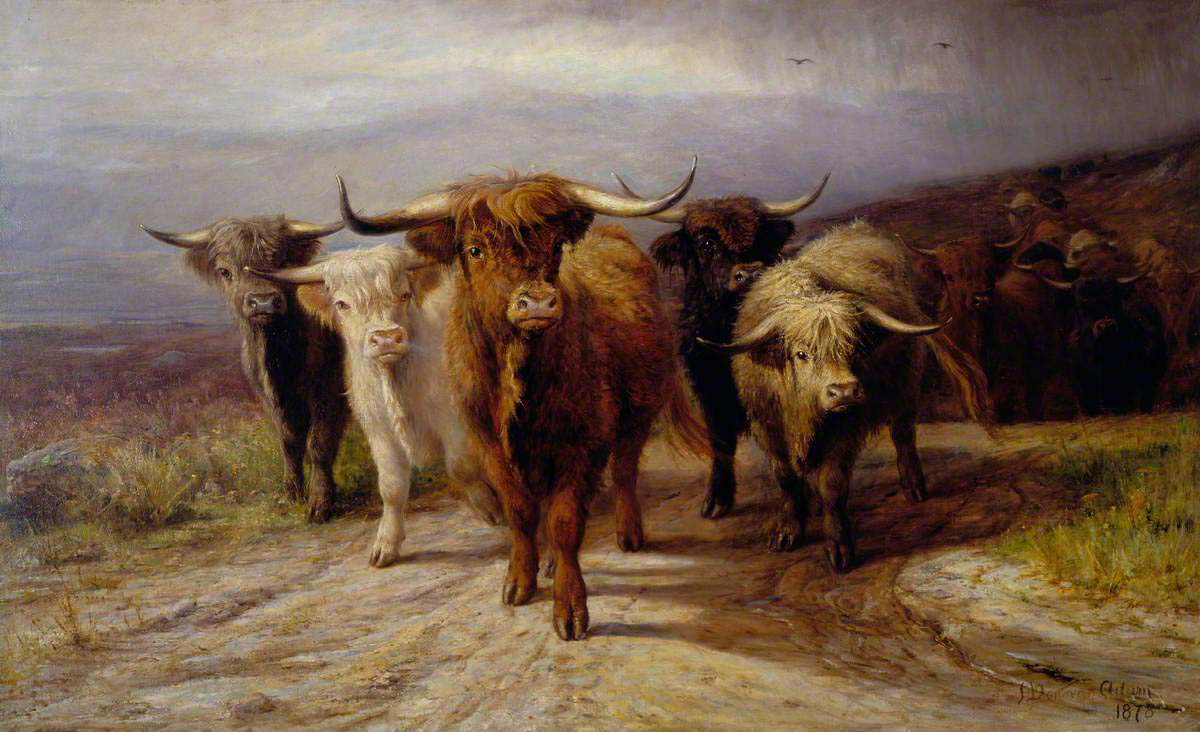
After much talk of his health, Samuel Johnson went on to complain of not having received many of Boswell’s letters recently. Shortly after this, he congratulated Boswell on his inheritance, “Your economy, I suppose, begins now to be settled,” he began, “your expenses are adjusted to your revenue, and all your people in their proper places.”
Samuel Johnson then asked many questions about Boswell’s current circumstances and chose not to hold back when it came to requesting personal information. His curiosity knew no bounds and he wanted to know the number of houses he now owned, the amounts of money that he held in his accounts, how many cows he was in possession of, the extent of his landholdings, and the nature of his agreements with his tenants.
It was shortly after this that he offered this piece of advice on financial management to his closest friend.
5. “Cucumber Should Be Well Sliced”
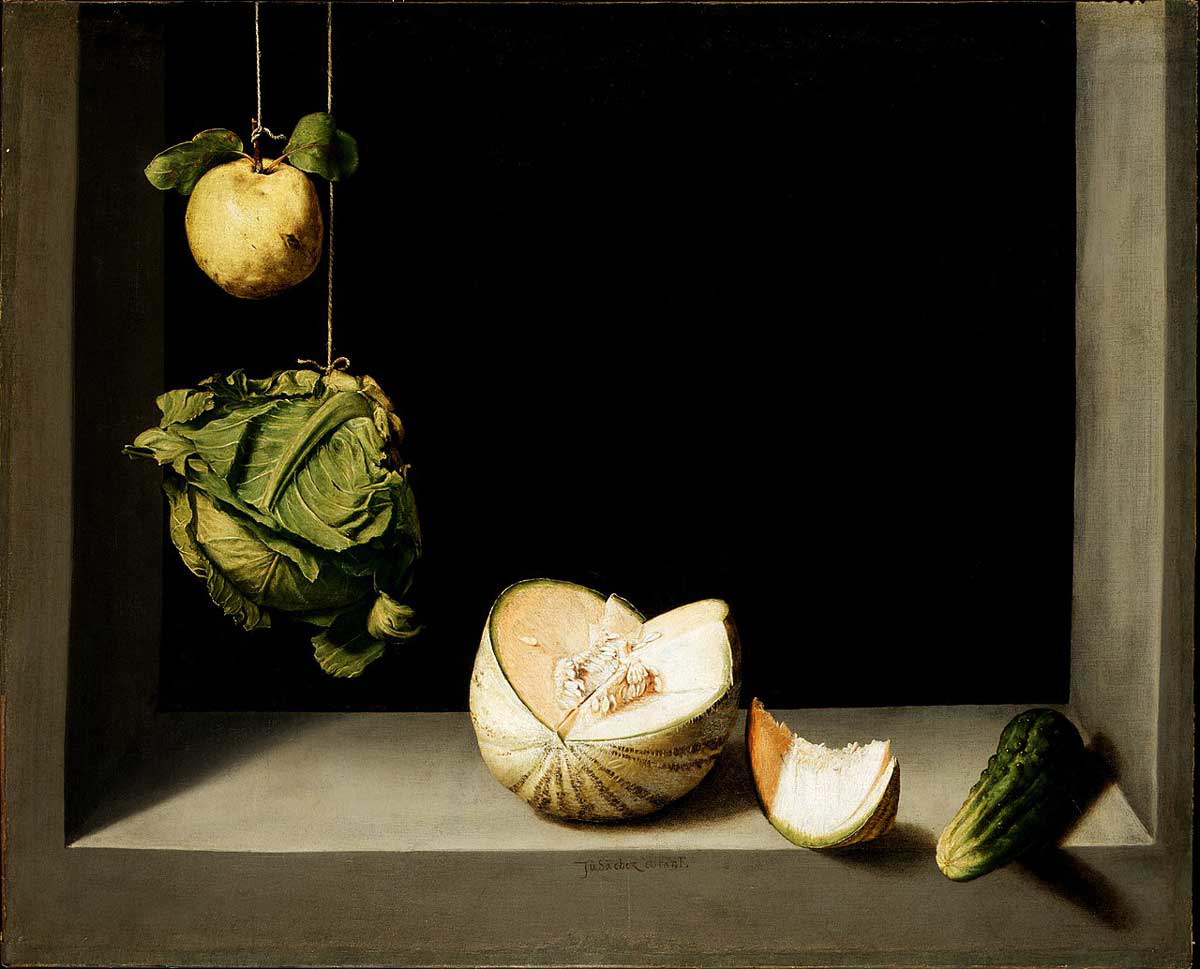
“A cucumber should be well sliced, dressed with pepper and vinegar, and then thrown out as good for nothing.”
There would be very little point in attempting to find a fascinating story or a deeper meaning behind this quote. It is pretty self-explanatory. Samuel Johnson hated cucumbers, and evidently, he wasn’t afraid to say so.
Raw cucumber is 95 percent water, four percent carbohydrates, and one percent protein, not exactly a delicious-sounding recipe. It also contains a biochemical compound known as cucurbitacin, which may account for the bitter element that many people find so distasteful.
Even during Samuel Johnson’s lifetime, cucumbers had been around for many centuries. Surprisingly, one of their many early mentions can be found in the Book of Exodus in the Bible; “we remember the fish we ate in Egypt that cost nothing, the cucumbers, the melons, the leeks, the onions and the garlic.” Thousands of years later, in the late 8th and early 9th centuries, the Holy Roman emperor Charlemagne instructed that cucumber should be grown in his private gardens.
Despite these two excellent recommendations for cucumbers, Samuel Johnson was certainly not their only 18th-century critic. Over the previous century, a great prejudice had developed against this previously popular vegetable. Having only been introduced into Britain sometime during the 14th century, it didn’t take long for Englishmen to turn against them.

The cucumber was not alone. A prejudice had developed in England against uncooked vegetables in general. A number of articles by medical professionals of the era stated that vegetables such as cucumbers could bring on fevers. It was advised that they should not be eaten by children, the elderly, or vulnerable people in general.
It was said also that cucumbers were fit “only for consumption by cows.” Many historians believe this to have been the root of their name: they were originally dubbed “cowcumbers.”
Some even went as far as to claim that the cucumber could be responsible for unexplained deaths. On the 22nd of August in 1663, Samuel Pepys (1633-1703) wrote such a story in his diary. “This day Sir W. Batten tells me that Mr Newburne is dead of eating cucumbers, of which the other day I heard of another, I think.”
Attitudes toward the cucumber were slightly different in America. In 1640, for example, the Reverend Francis Higginson produced a book entitled New-England’s Plantation. He praised a garden in Boston Harbour known as The Governor’s Garden for its great variety: “The country aboundeth naturally with store of roots of great variety and good to eat. Our turnips, parsnips and carrots are here both bigger and sweeter than is ordinary to be found in England. Here are stores of pompions, cucumbers, and other things of nature which I know not.”
Over the last three centuries, attitudes toward cucumbers have changed somewhat. For example, in the year 2020, world production of cucumbers hit 91 million metric tonnes, led by China, which produced over 80 percent of the total. The majority of these were purchased and eaten by humans, not by cows.
The Many Sayings of Samuel Johnson: A Lasting Legacy
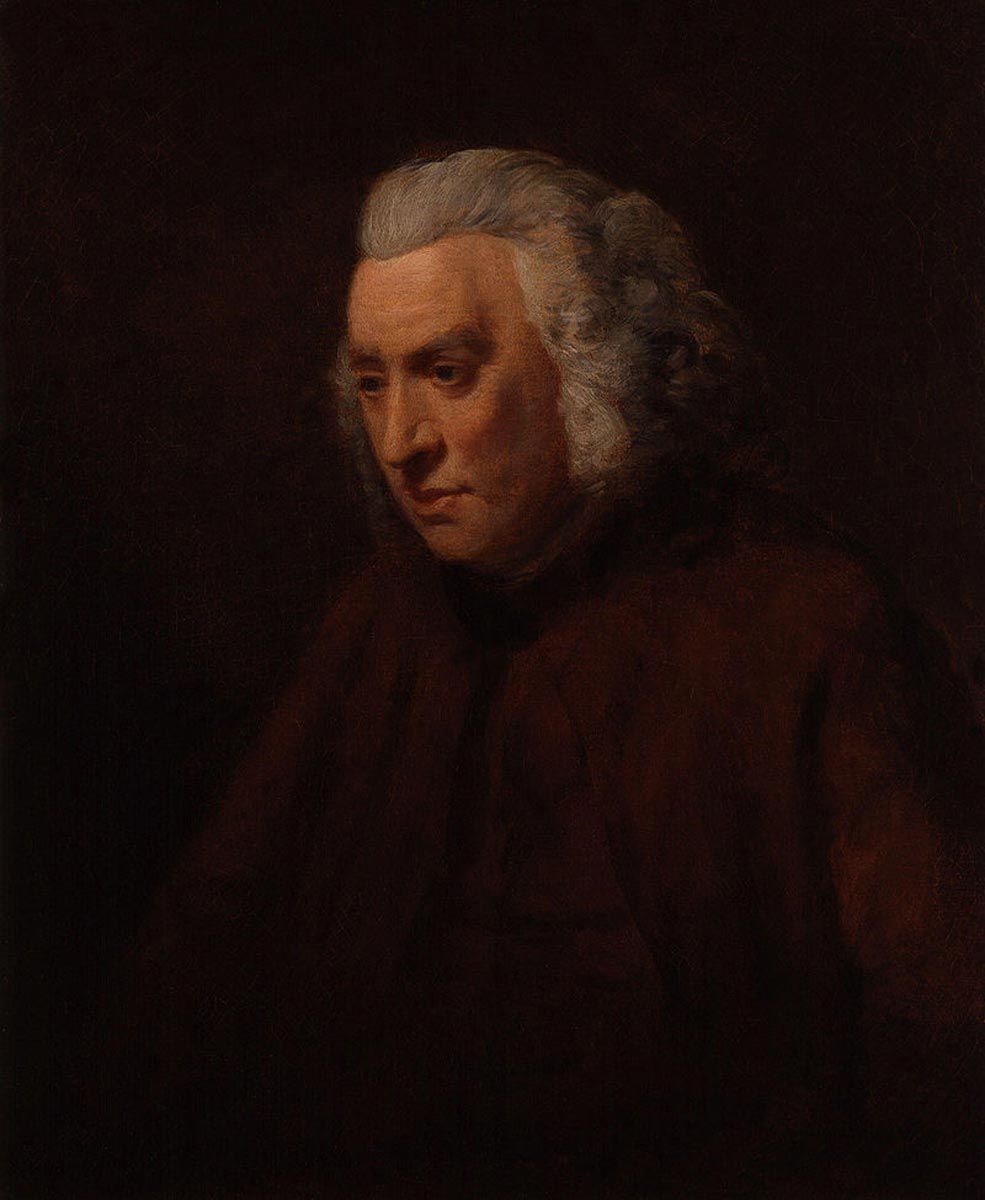
After his death in 1784, Samuel Johnson was laid to rest in the South transept of Westminster Abbey, particularly close to William Shakespeare’s memorial. Samuel Johnson’s grave is now looked upon by the one million tourists who visit the Abbey each year.
Although we have looked at five of Samuel Johnson’s quotes, there is a wealth of others that have yet to be reviewed. A few more of the most interesting quotes to research and explore include, “A writer only begins a book; a reader finishes it,” “Whoever who thinks of going to bed before twelve o’clock is a scoundrel,” “words are but the signs of ideas,” and perhaps most famously of all, “the road to hell is paved with good intentions.”
Thankfully, thanks to the memorableness of his words, it is likely that the sayings of Samuel Johnson will continue to echo down the centuries and continue to entertain and inspire many generations to come.




